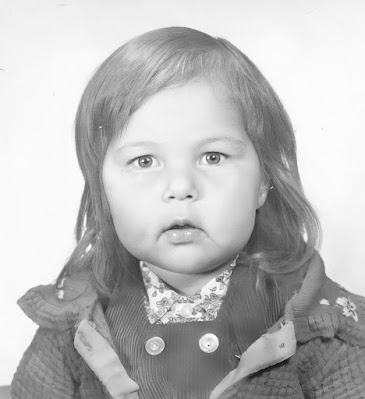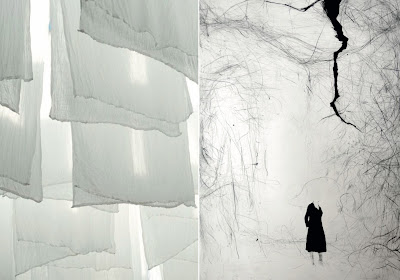Embracing the Unknown
-Growing Up with an Undefined Heritage-
The 1960s. In a small, quiet village in Limburg I found myself in a peculiar position. I was the first internationally adopted kid in this small and conservative community. I was a standout among my peers, a presence that raised eyebrows and piqued curiosity.
First story told
From the very beginning, I was told I was adopted, a fact my adoptive parents ensured I understood. It wasn't a mere detail, especially since my appearance differed significantly from theirs. My skin carried a subtle hue, my features distinct. It was a good thing they were forthright because the children at school were relentless in their taunts, "Those are not your real parents!" Adoption, and my adoptive parents (they were import from Arnhem and not born in this village) set me apart, and it occasionally made me feel like a stranger in my own world.
Enigma of biological parents
Yet, it was evident that I carried a hint of 'something else,' a touch of a different culture within me. The source of my coloring eluded definition — my adoptive mother speculated it could be Mexican, Spanish, or perhaps something entirely different.
Conflicting stories
In the realm of my childhood, two stories about adoption danced in my mind: one of abandonment and the other of roots. Why did my biological parents no longer wish to care for me, and how did I find my way to my adoptive parents in the Netherlands? Why did my father's brothers decline to take us in? Where were my two brothers, and why was I separated from them? And who were my birth mother and father? What did they look like? Did I resemble them? Where were they now? These inquiries, when I posed them to my parents, were met with gentle deflections. I now belonged with my adoptive parents, in my new home.
These were weighty questions for a young child, queries I tried to process independently. My adoptive parents aimed for a "clean break", establishing a foundation for a fresh start. The past was severed, the old identity discarded. I was re-rooted in a new place, as if the move had never taken place. I embraced this transition wholeheartedly, so much so that I almost believed I had blonde hair.
DNA
Unconditional bonds
It wasn't until much later in my life that I felt the psychological need to return to where I truly belonged. As an adult, I sense an ancestral connection, an insatiable hunger for identity. In the next blog post, we'll explore the complexities of reconciling the past and present, the ties that bind us, and the insatiable yearning for identity.




Comments
Post a Comment